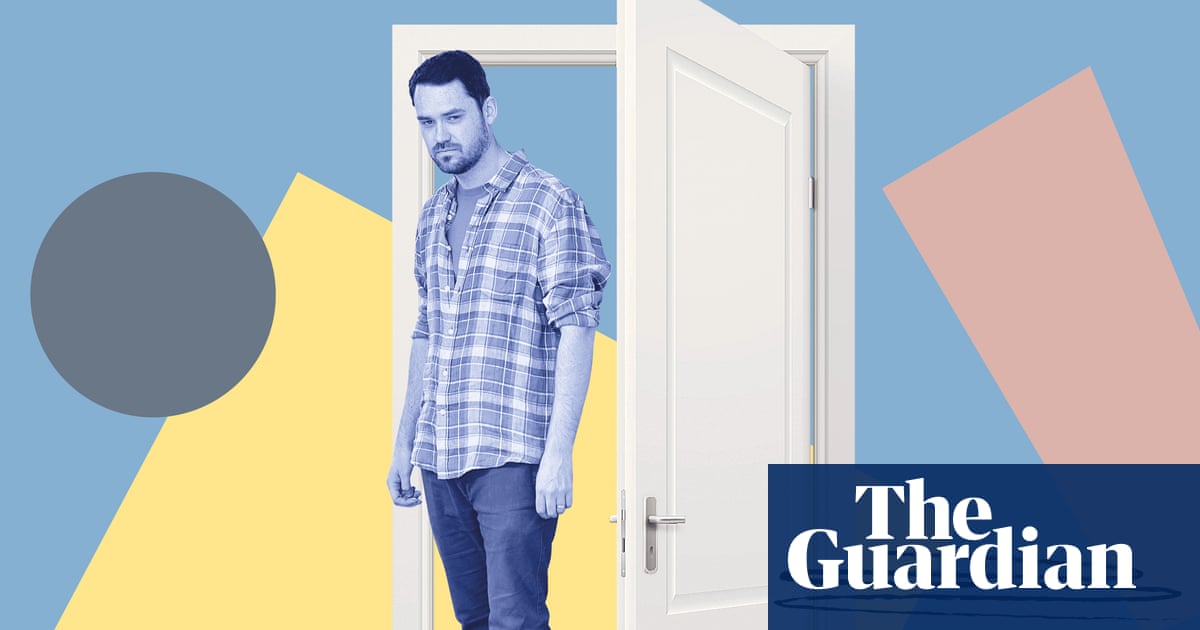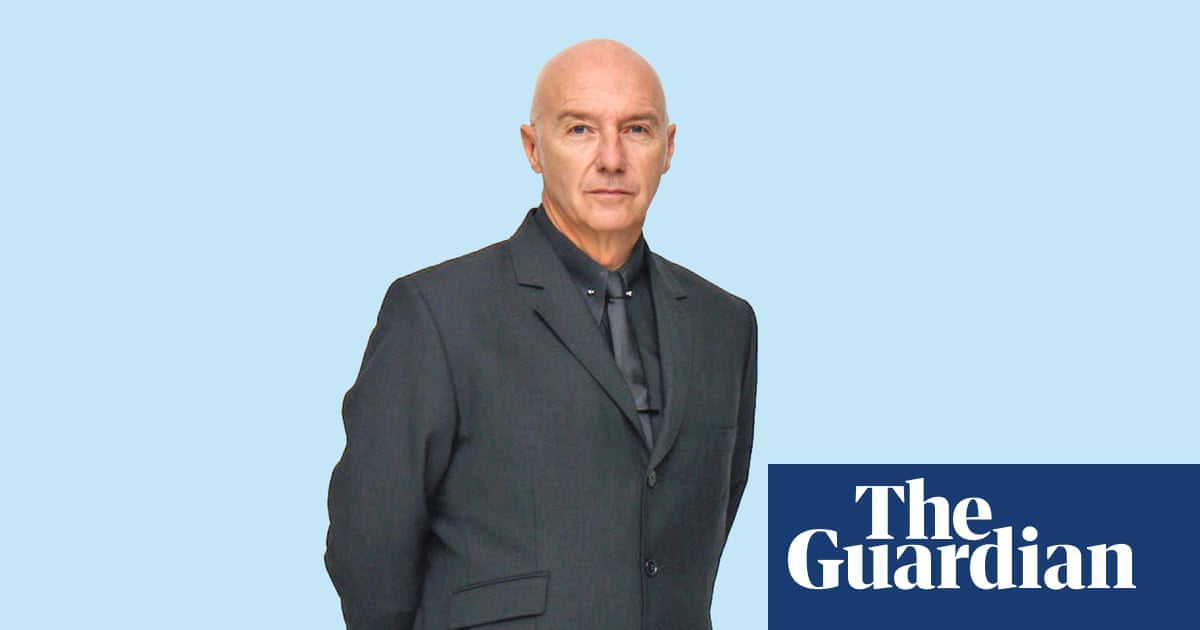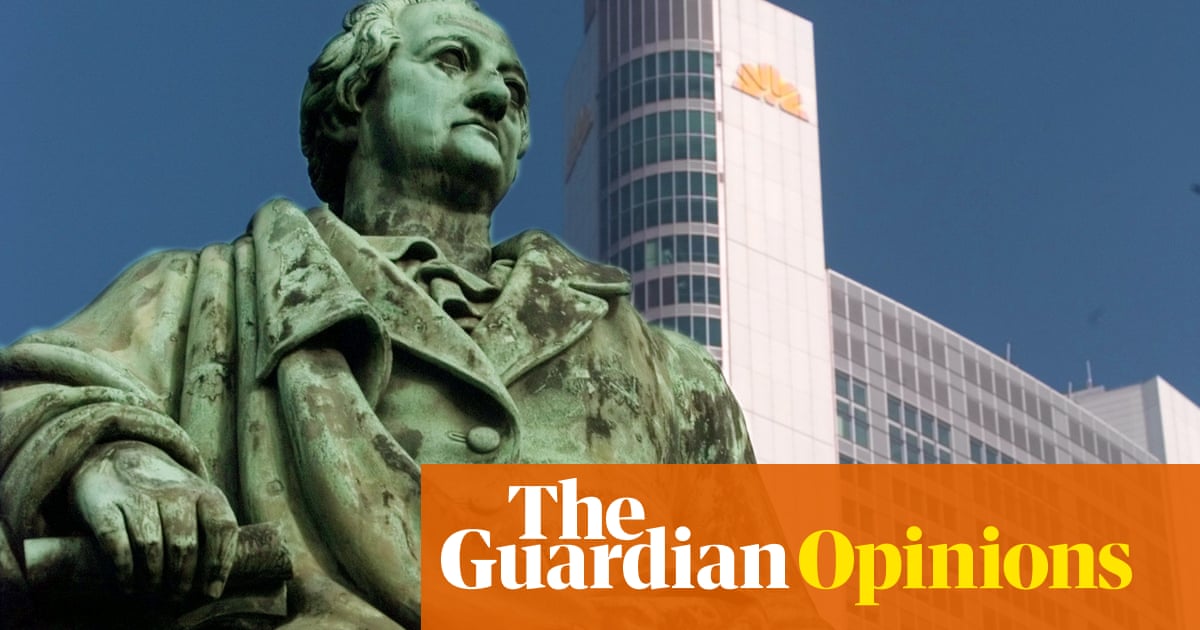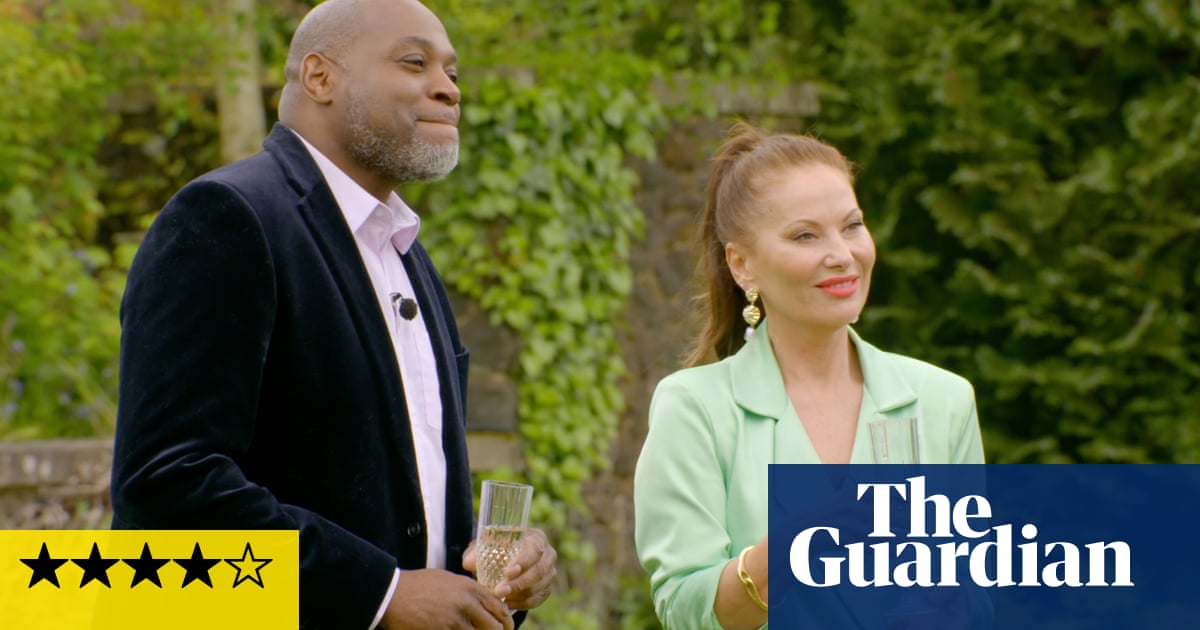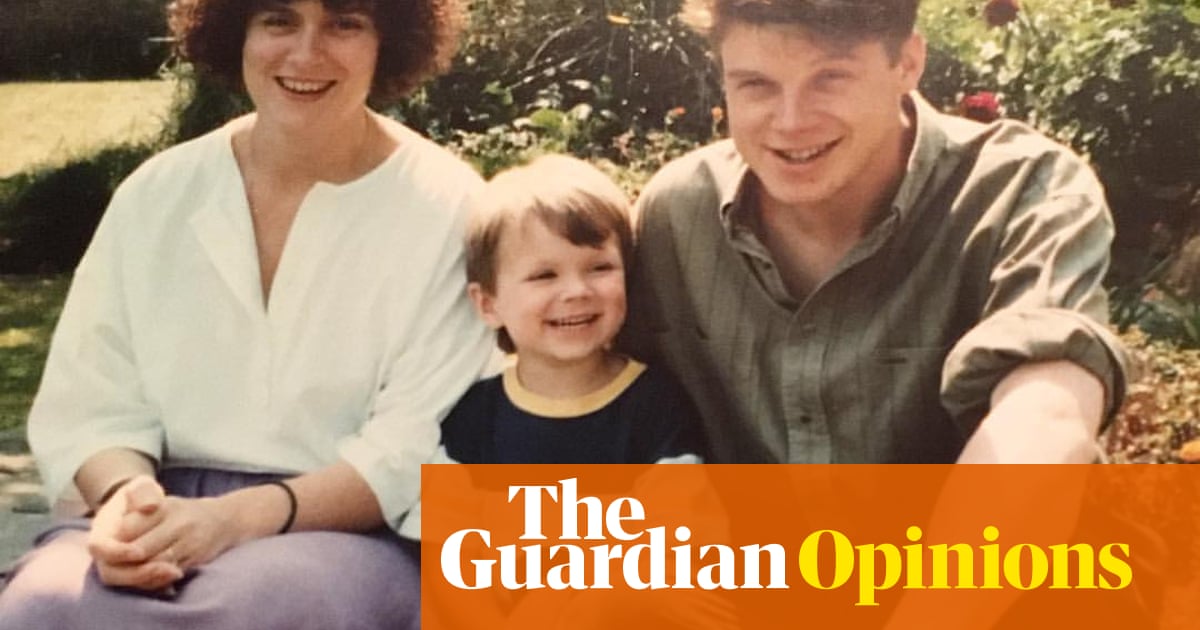
In the summer of 2020 I left London, where I’d lived for 14 years, and moved back to my hometown of Hull. My family is there, and my husband and I want to become parents – the only way we’ll have even the slimmest of chances is to live somewhere with cheaper rents and start saving money in a serious way. If we go down the surrogacy route, it can cost upwards of £50k – and the tumultuous, lengthy process of adoption is not necessarily any easier.
Amid all that uncertainty, another draw was that the prospect of family life in Hull felt familiar. My parents had me young – when I came along in the 80s, they had just turned 21 and 23 respectively; Mum a beautiful New Romantic, Dad the spitting image of Morrissey. As a kid, I found that I could score cool points by telling new friends about my young, hip parents. Then as I got older, I appreciated us having shared interests, like getting sloshed and loving Placebo. That’s the sort of dad I wanted to be – someone who defied convention.
I wanted to have kids young too, but it hasn’t worked out that way. We don’t know if it’ll ever happen for us, or if it’ll happen within the next 10 years. We are both already in our mid-30s and though we’re incredibly privileged as cis men not to have immediate worries about our biological clocks, we never saw ourselves as “older” dads. I’ve always looked to my parents as the template for parenthood, but aspiring to the cis-heterosexual “ideal” is never going to happen for us.
And so my aspirations to be just like my parents have fallen away. It’s been hard to deal with, but I’ve quit wanting the impossible in favour of building my own idea of what a family is.
I’ve stopped aspiring to be a young dad and I think I’ve found peace with it, mostly because I’ve only become surer of who I am as I’ve grown older. In retrospect, I can see that being young parents was also tough for mine. They always made me feel incredibly safe and loved, but they just didn’t know themselves; they had no real sense of identity. Who does in their early 20s?
Meanwhile, legacy – namely leaving a biological one – is something us humans are conditioned to think of as an absolute necessity. I look like my parents – I have my dad’s smile and my mum’s hooded, warm, brown eyes. Legacy and the importance of having a bloodline have always been things I’m deeply interested in. I’ve always adored history and particularly genealogy: I love talking to my nana about my family tree and can watch countless back-to-back episodes of Who Do You Think You Are? and not get bored. Seeing how far a person’s bloodline goes is intoxicating – imagine being related to an ancient royal! (Which, according to my mum, I am.)
But leaving a biological legacy may never happen for me, and the endless societal emphasis we place on it is damaging for anyone who can’t have the totally “traditional” family: for cis-heterosexual people who struggle to conceive, for queer people, for the children who need to be adopted so desperately. My husband and I may never be able to afford to have a surrogate, and we may decide that the only option for us is adoption. I can feel my mentality around legacy resisting that, but I’m trying to concertedly distance myself from it.
What does a queer family look like? Many LGBTQ+ people despise traditional gender roles – I know I do – and we plan to teach our kids that there’s a broad, rainbow-coloured spectrum that they can dance around on to their heart’s content. Many queer people have had to overcome a great deal just to believe we’re worth something. Perhaps as a result we’re empathetic, and passionate about change because we know what it’s like to be undermined and marginalised.
My husband and I hope our children will be kind, cheeky and total badasses who don’t take any crap from anyone, because we’ll tell them not to. We’ll be a family that doesn’t label or judge others. The kids can be anything they want to be.
I know that sounds like a utopian ideal. Perhaps you think I’m naive. But isn’t that hope the root of all parenthood? That we want the best for our children, and believe we can try to give it to them? That our family could contribute, in some small way, to creating a better world, rather than simply repeating old patterns? We need to believe in the possibility that we’ll be the parents we know we can be, that the specific journeys we’ve been on as queer people have equipped us for this monumental task.
I’m glad I’ve stopped aspiring to be my own parents – and cis-heterosexual people generally. Will we ever have children? I’m not sure, but we’re going to try – and when we do, it’ll be in our own kind of radical way.
Samuel Sims is a freelance journalist





